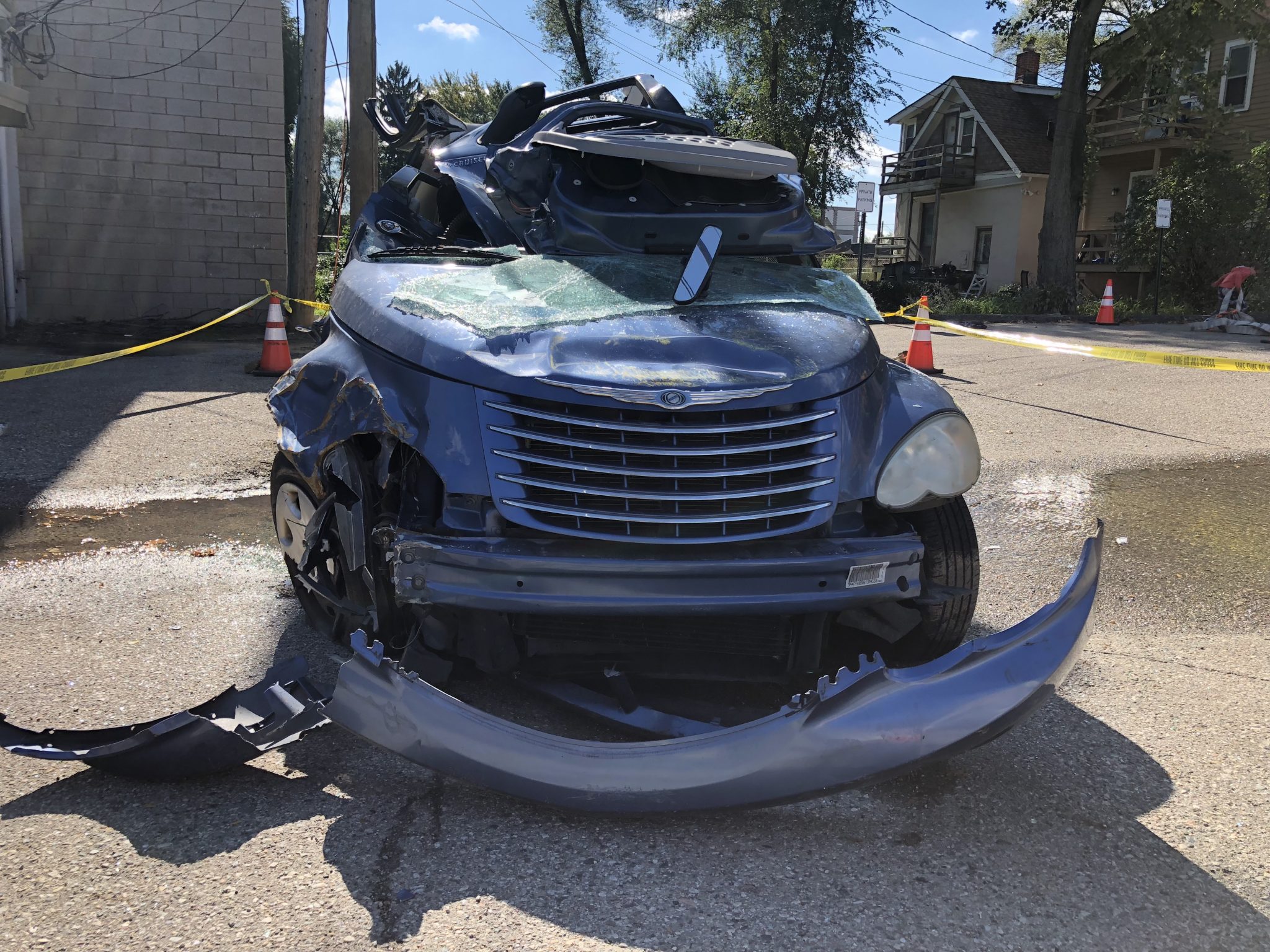Changes to Michigan’s Auto Insurance Policy Could Have Big Economic Impact on Home Health Care
The overhaul to the state’s car insurance policy could put some state health care agencies out of business and disrupt the lives of those who rely on home health care for injuries from a car accident.

Michigan’s auto insurance policy has long been a point of contention for lawmakers and drivers. An amendment to the state’s law is set to take effect July 1, and it could have a substantial impact on the home health care sector. If enacted, the move would cap hourly home health care attendant care at 55% of what providers were charging in January 2019. The law, which Gov. Gretchen Whitmer signed in 2019, could put most state health care agencies out of business and disrupt the lives of those who rely on home health care for injuries sustained during a car accident.
Listen: How Michigan’s auto insurance overhaul could impact home health care.
Guest

Chad Livengood is a senior editor of Crain’s Detroit Business. He recently wrote about the auto insurance reform package and its impact on the home health care industry. According to Livengood, the goal of the state’s car insurance overhaul was to rein in spending, which primarily impacted the personal injury protection aspect of the policy.
Livengood says the state gave providers, who are no fans of the proposed changes in the new law, time to transition. “They gave providers two years, essentially two years, to get ready for this. And (providers) have been lobbying for two years to get rid of this because they say the math doesn’t work,” says Livengood, adding that most companies won’t exist, and home health care can’t go on if the law stands.
Where the 55% fee baked into the bill came from, Livengood says it’s anyone’s guess but that it most likely originated from the insurance lobby. “I covered this bill inside and out and this whole reform movement for years. I don’t know where this 55% cap number came from, but it came up in the final days of debate (over these bills),” says Livengood.
Lawmakers have adopted a wait-and-see approach to the law, which is set to take effect July 1. Livengood says medical providers are responding by saying they will go out of business and won’t be able to send professionals into peoples’ homes for acute care.
Trusted, accurate, up-to-date
WDET is here to keep you informed on essential information, news and resources related to COVID-19.
This is a stressful, insecure time for many. So it’s more important than ever for you, our listeners and readers, who are able to donate to keep supporting WDET’s mission. Please make a gift today.

